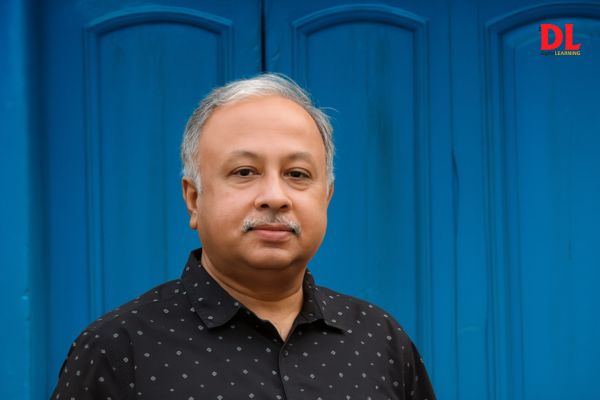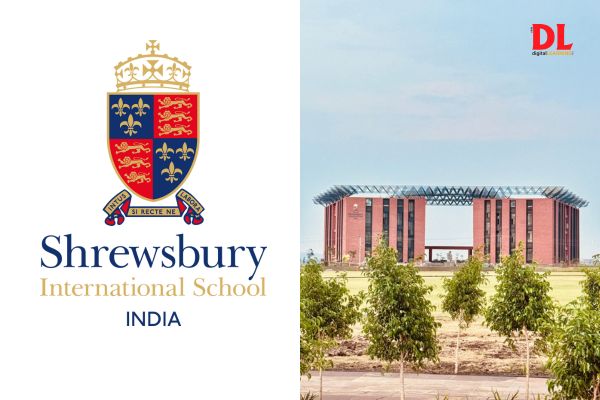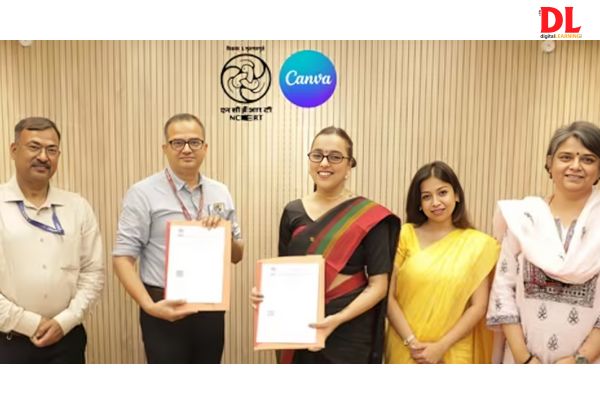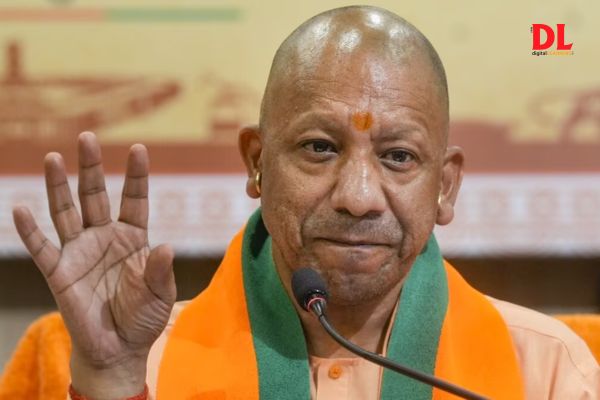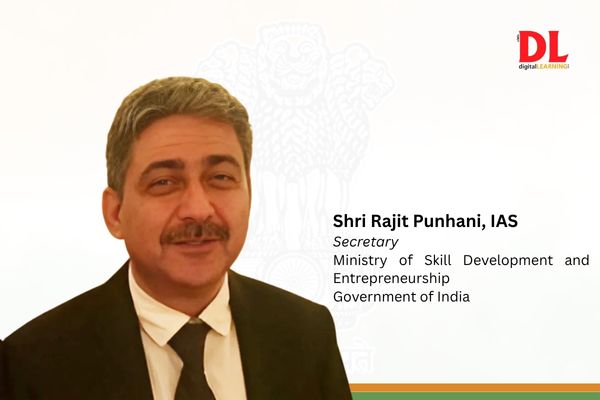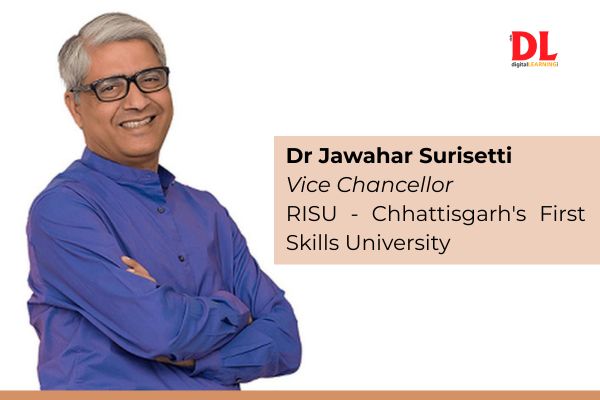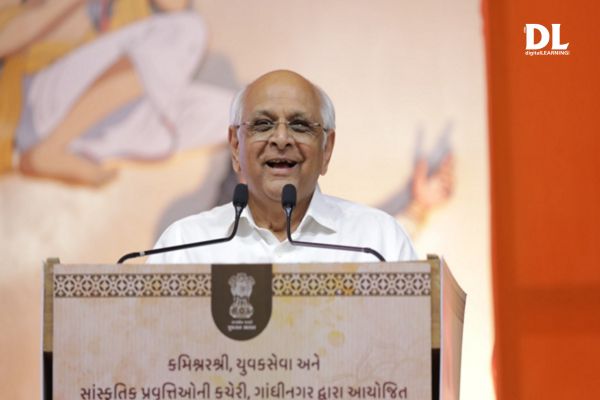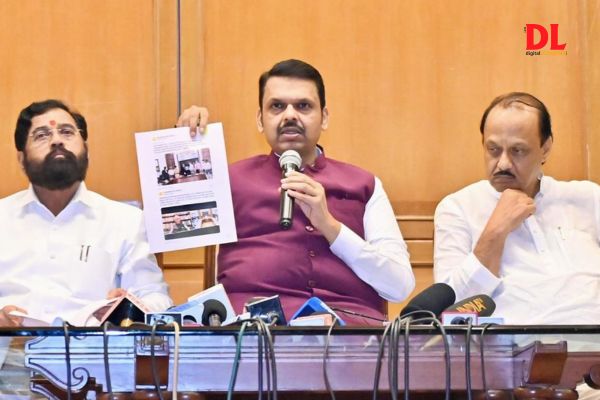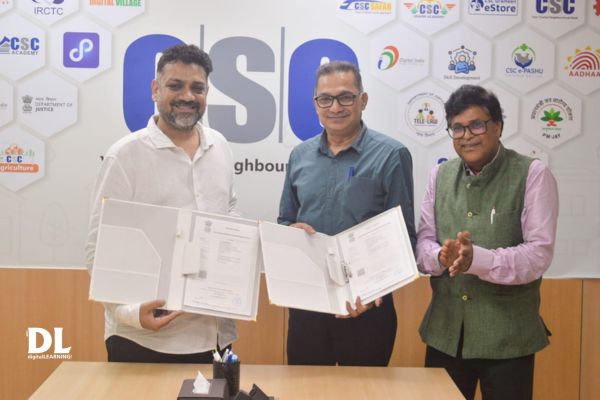Gujarat Chief Minister Shri Bhupendra Patel on Tuesday, June 24, transferred ₹724 crore directly to the bank accounts of over 13 lakh school students across the state in a single click through the Direct Benefit Transfer (DBT) system.
The massive disbursement covered four flagship education schemes: Namo Lakshmi Yojana, Namo Saraswati Vigyan Sadhana Yojana, Mukhyamantri Gyan Sadhana Merit Scholarship Yojana, and Mukhyamantri Gyan Setu Merit Scholarship Yojana. The event was held via video conference in Gandhinagar, with Education Minister Dr Kuber Dindor and Minister of State for Education Shri Praful Pansheriya in attendance.
Namo Lakshmi Yojana: Boosting Girls’ Education
Launched under the leadership of CM Bhupendra Patel, the Namo Lakshmi Yojana aims to curb dropout rates among girls in Classes 9 to 12 by providing financial and nutritional support. The scheme offers ₹10,000 annually to girls in Classes 9 and 10 and ₹15,000 to those in Classes 11 and 12.
On Tuesday, ₹600 crore was disbursed to 10.83 lakh female students under this initiative. Since its inception, the scheme has led to a significant rise in girls attending higher secondary school, with a 16% increase in overall admissions and an 11% jump in science stream enrollments.
Namo Saraswati Vigyan Sadhana Yojana: Encouraging Science Education
To strengthen Gujarat’s pipeline of science and technology talent, the Namo Saraswati Vigyan Sadhana Yojana provides ₹25,000 over two years to students in the science stream of Classes 11 and 12. On Thursday, ₹52 crore was transferred to around 1.53 lakh eligible students through DBT.
This initiative aligns with Gujarat’s vision to emerge as a hub for semiconductors, green energy, and digital technology, fostering a highly skilled technical workforce.
Mukhyamantri Gyan Sadhana Merit Scholarship Yojana: Rewarding Bright Students
The Mukhyamantri Gyan Sadhana Merit Scholarship Yojana supports 25,000 meritorious students who studied in government or grant-in-aid primary schools under RTE from Classes 1 to 8. On June 24, scholarships worth over ₹41 crore were distributed to 50,000 students under this scheme, aiming to bridge the education gap and reward academic excellence.
Mukhyamantri Gyan Setu Merit Scholarship Yojana: Supporting Early Education
The Mukhyamantri Gyan Setu Merit Scholarship Yojana targets students who have completed Classes 1 to 5, helping them secure merit-based admission to Class 6. On Thursday, ₹31 crore in scholarships was transferred to 60,000 students through DBT.
Also Read: Maharashtra withdraws plan to make Hindi mandatory in primary schools
Total Assistance Crosses ₹1,318 Crore
With this round of transfers, the cumulative financial aid provided to over 13 lakh students under these four schemes has now surpassed ₹1,318.98 crore. The occasion was also marked by the presence of Shri Mukesh Kumar, Principal Secretary of Education; Smt Avantika Singh, Additional Principal Secretary to the Chief Minister; Dr Vikrant Pandey, Secretary; and other senior Education Department officials.
The Gujarat government’s technology-driven, transparent approach ensures timely delivery of benefits, empowering students at various academic stages and strengthening the state’s commitment to inclusive, quality education.







